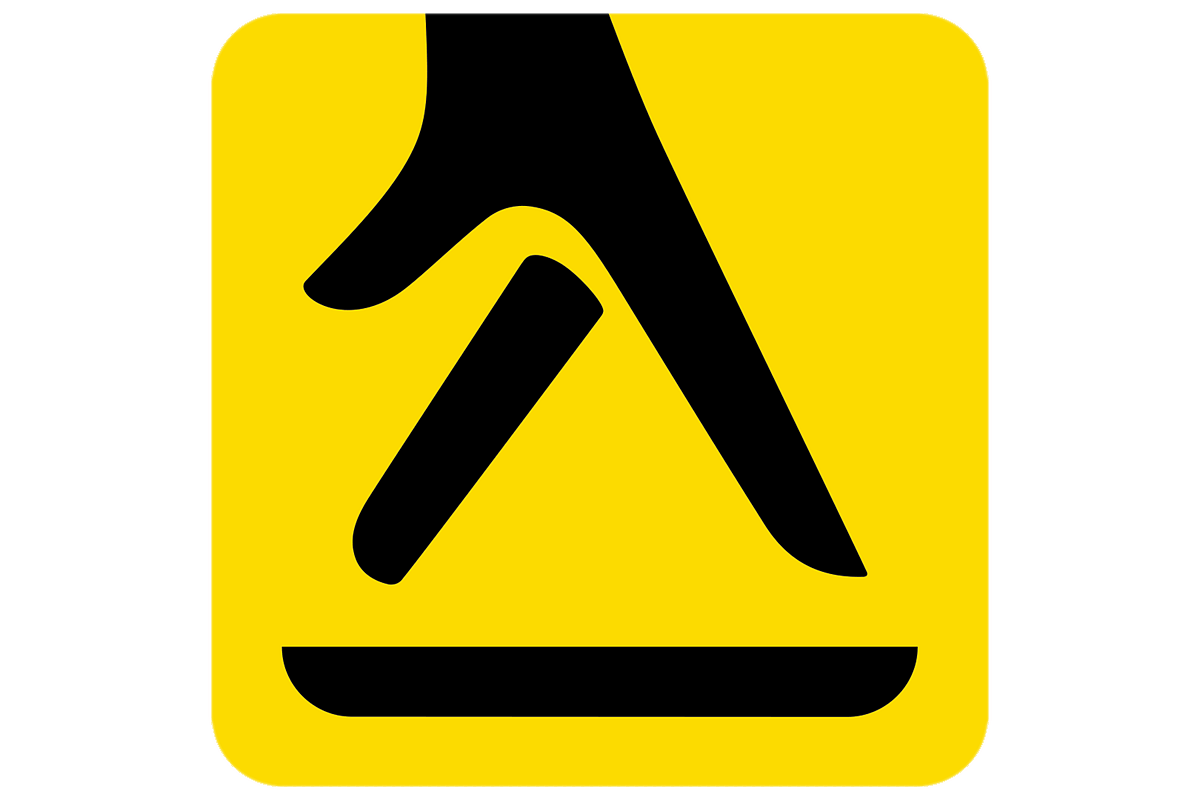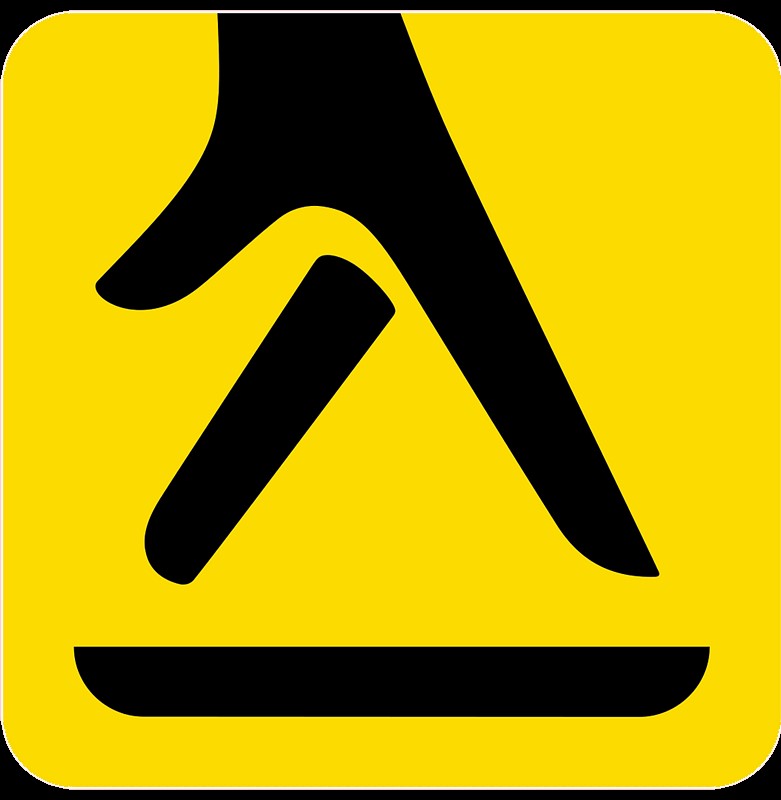Welcome to the Rotasure blog, where we provide practical advice and expert tips for homeowners with wood-burning stoves. In this article, we will focus on chimney cleaning and safety considerations specific to homes with wood-burning stoves. By following these tips and tricks, you can maintain a clean and safe chimney, optimising the performance of your wood-burning heating system.
Why is Chimney Cleaning Important?
Regular chimney cleaning is crucial for the safe and efficient operation of your wood-burning stove. Over time, soot, creosote, and other debris can build up inside the chimney, posing a serious fire hazard. A clean chimney ensures proper airflow, prevents blockages, and reduces the risk of chimney fires.
The Importance of a Professional Chimney Sweep
To ensure a thorough and safe chimney cleaning, it is recommended to hire a professional chimney sweep in Stockport. They have the expertise and specialised equipment to remove all the built-up debris and inspect the chimney for any structural issues. A professional chimney sweep will also provide valuable advice on maintenance and chimney safety.
Signs Your Chimney Needs Cleaning
It’s essential to keep an eye out for signs that indicate your chimney needs cleaning. Here are a few common indicators:
- Excessive Smoke: If there is excessive smoke coming from your wood-burning stove, it could be a sign of a clogged chimney.
- Foul Odors: Unpleasant odours coming from your chimney can be an indication of a buildup of soot and debris.
- Slow or Poor Burning: If your wood-burning stove is not producing sufficient heat or burning inefficiently, it could be due to a dirty chimney.
If you notice any of these signs, it’s time to schedule a chimney cleaning to maintain a clean and safe environment for your home.
Chimney Cleaning Tips and Tricks
Here are some practical tips and tricks to help you maintain a clean and safe chimney:
1. Schedule Regular Chimney Cleanings
Regular chimney cleanings are essential for preventing the buildup of dangerous creosote and soot. Aim to have your chimney cleaned at least once a year, preferably before the start of the heating season.
2. Install a Chimney Cap
A chimney cap is a protective cover that sits on top of your chimney. It prevents debris, animals, and rainwater from entering the chimney, reducing the risk of blockages and damage.
3. Monitor Wood Quality
Using dry, seasoned wood in your wood-burning stove reduces the amount of creosote that accumulates inside the chimney. Avoid burning green or wet wood, as it produces more smoke and contributes to faster chimney buildup.
4. Never Burn Trash or Cardboard
Burning trash or cardboard in your wood-burning stove can release toxic fumes and increase the risk of chimney fires. Stick to burning only dry, seasoned wood for a safe and efficient fire.
5. Use a Chimney Cleaning Log
Chimney cleaning logs contain special chemicals that help break down and loosen the creosote buildup inside your chimney. Regular use of these logs can supplement your annual chimney cleaning.
6. Practice Proper Fireplace Maintenance
Maintain your fireplace by regularly removing ashes and cleaning the firebox. This helps prevent the buildup of debris that can find its way into the chimney.
7. Install Carbon Monoxide Detectors
Carbon monoxide is a silent killer that can be produced by faulty chimneys. Install carbon monoxide detectors in your home to alert you to any dangerous levels of this odourless gas.
Conclusion
Taking care of your chimney and ensuring its cleanliness is vital for maintaining a safe and efficient wood-burning stove. By following these tips and tricks, you can enjoy a cosy fire while minimising the risk of chimney fires and ensuring the longevity of your heating system.
If you need professional chimney sweeping services, don’t hesitate to reach out to Rotasure. Our expert chimney sweeps will ensure that your chimney is clean and safe throughout the year.
Stay warm, stay safe!


